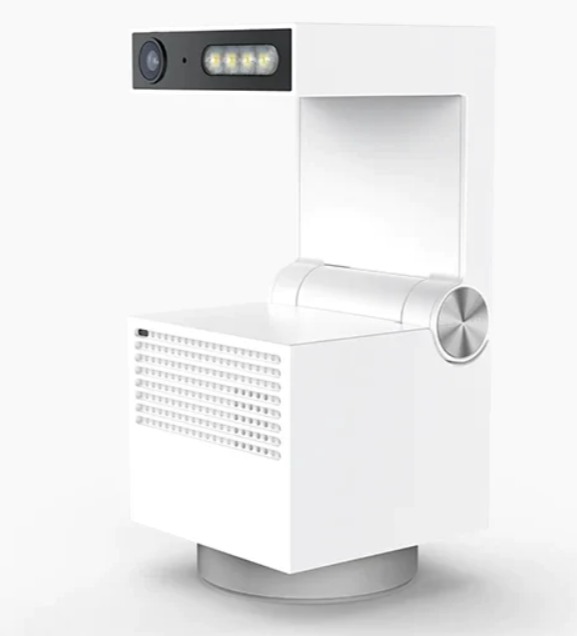A team of six students from the Department of Biomedical Engineering at Texas A&M University has made significant progress in addressing the medical concern of kidney failure in newborns. This group of students, known as Rapid Cuff, developed custom dialysis cuffs and an applicator sleeve to improve the peritoneal dialysis process for infants with kidney failure.
Peritoneal dialysis is a procedure that helps filter waste and toxins from the bloodstream for infants with kidney failure. However, this treatment can lead to complications and requires a long healing process. The Rapid Cuff team aimed to streamline the healing process and prevent fluid leakage for newborns undergoing peritoneal dialysis.
The six students were sponsored by Texas Children’s Hospital and guided by Dr. Daniel Alge, an associate professor in the biomedical engineering department, and his brother, Dr. Joseph Alge, a pediatric nephrologist at Arkansas Children’s Hospital. Their goal was to enhance peritoneal dialysis for newborns, as these infants are entirely dependent on this treatment.
The team developed double-compressed cuffs that provide a secure seal around the catheter, preventing slippage. What sets these cuffs apart is the use of a more porous foam filled with a hydrogel instead of traditional polyester cuffs. They also designed an applicator sleeve inspired by tampon applicators to ensure standardized catheter placement.
The innovative device created by the Rapid Cuff team could potentially be adapted for adult patients with kidney failure in the future. This development marks a significant step forward in addressing the challenges faced by infants with kidney failure and improving their quality of life.
Kidney failure in newborns often emerges after delivery, making immediate intervention necessary. Factors that contribute to kidney failure in infants include genetic predisposition and congenital abnormalities that affect organ development. Premature babies are particularly susceptible to these conditions, leading to an accumulation of waste and toxins in the abdominal cavity.
To further underscore the importance of finding a reliable solution, the team emphasized the delicate veins and limited blood supply of infants with kidney failure. Therefore, peritoneal dialysis is preferred over hemodialysis, as it involves implanting a catheter through the abdominal wall.
The Rapid Cuff team’s project is not only a significant achievement in addressing kidney failure in newborns but also a potential breakthrough in the field of dialysis treatment. Their innovative device has the potential to improve the lives of not only newborns but also adult patients suffering from kidney failure.
In conclusion, the team of six students from the Department of Biomedical Engineering at Texas A&M University has made remarkable progress in developing a solution for kidney failure in newborns. Their custom dialysis cuffs and applicator sleeve have the potential to greatly improve the peritoneal dialysis process, benefiting infants and potentially adult patients with kidney failure. This project highlights the importance of finding reliable solutions for medical concerns and the potential for innovative breakthroughs in the field of biomedical engineering.




